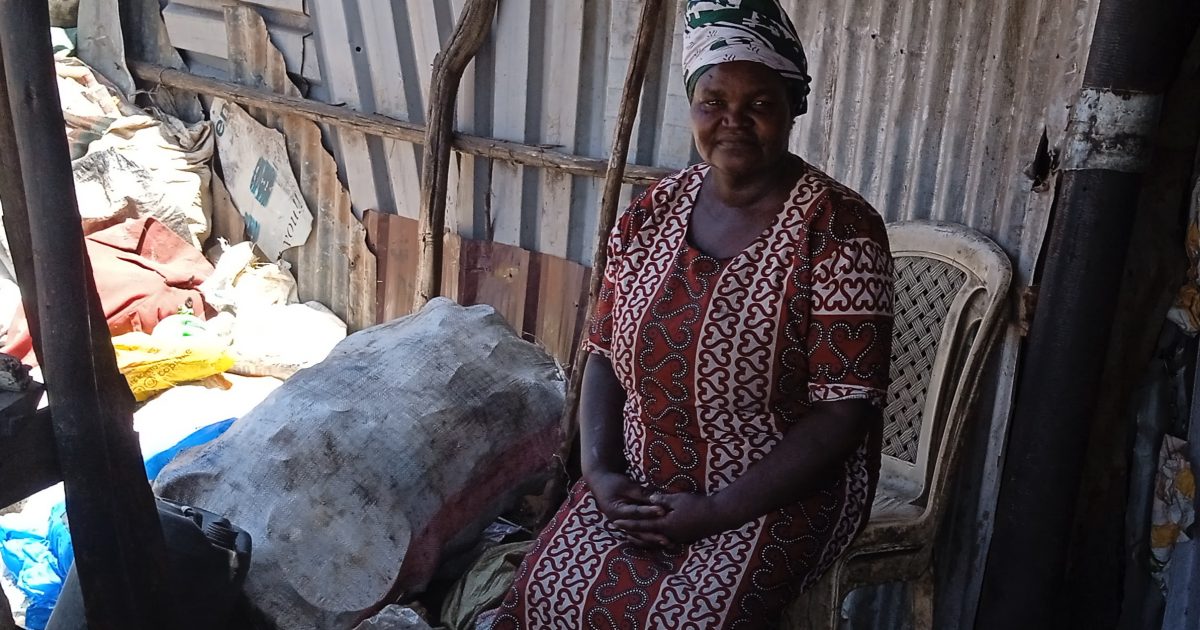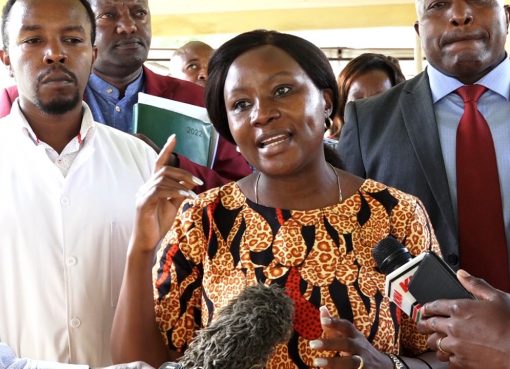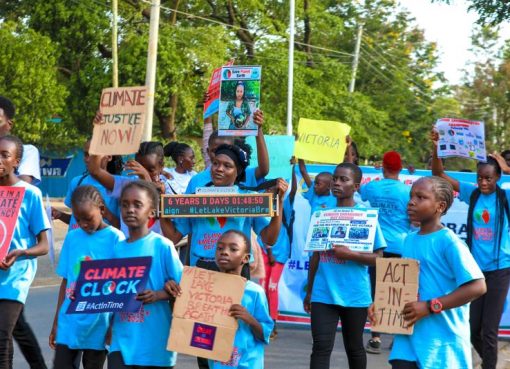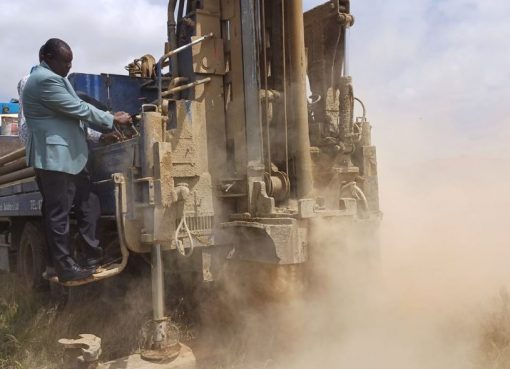Selling and buying of plastics, boxes and glass bottles (scrap) has been a source of income for some families within Machakos County.
Monica Sabato 53 has been working in the recycling industry for over ten years. She grew up in Makueni as the fifth child in a family of 9. Due to poverty she dropped out of school when in class 4 and has been doing minor jobs to survive.
In 1986 she moved to Machakos Kariobangi in search of work and after trying other small businesses that failed, she eventually joined the Machakos Jua kali, where she buys and sells plastics, cartons, and glass bottles.
Sabato buys plastic from street collectors for Sh 20 per kg and glass bottles at one shilling each after removing the rubber. She sells the bottles to different companies and that’s how she earns her income.
Sabato explains that once she has 25 tons of the bottles, she informs Ibrahim, a broker who then arranges for them to be delivered to their various locations.
“We work with brokers who transport waste cardboard and dry white paper to Kamongo Waste Paper in Nairobi, where they are recycled into toilet paper,” said Sabato.
She added that the bottles, on the other hand, are delivered to various recycling companies in Mombasa, where they are reprocessed into glasses, plates, mirrors, and other glass products.
Sabato is married to Sabato Musembi and together they have 12 children. She says her business has helped her feed and educate her children up to university level on her own. She adds that the business is good because two of her children who have cleared high school have decided to join her and have opened their stalls next to her.
Sabato’s Jua kali business, like any other business, has had some hurdles, where she is occasionally required to move from one location to another in accordance with the Jua Kali chairman’s instructions when the government requires them to move to pave way for construction of government projects.
As a result, every time she moves, she must set up a temporary location to store and sell her goods. This has become expensive because she will need to employ personnel to assist her with the relocation, as well as constructing materials and people to construct the structure for her.
Another issue in the industry is deception. Some brokers, she claimed, may collect the scrap but fail to pay or pay less.
“Although this only happened once, it really affected my business. I left my daughter in charge because there was something I needed to take care of and the broker came with tracks and carried the plastics and didn’t pay,” lamented Sabato.
Sabato also informed KNA that some of the items brought to them by street collectors could be stolen, so she has to be careful when dealing with them. She has had to employ a few reliable collectors to do the job for her which is costly.
Another challenge she has in her business is that she collects scrap but the responsible companies do not buy it at times. This is a significant setback for her since she finds it difficult to meet her demands.
Sabato explained further that buying and selling of scrap is very profitable, but the Covid-19 pandemic really affected the business. The demand for scrap went down and she struggled to keep the business going. The price of the bottles, glasses and carton also went high making it hard for her to buy them.
“We used to buy cartons at Sh 3 and now we buy them at Sh 5. Plastics would cost us only Sh 15 per kg and now we get them at Sh20,” added Sabato.
Sabato pointed out that she uses loans to run her business and has a lot of trouble repaying the loans when the business is not performing well. She is sometimes unable to pay them, resulting in interest and other penalties.
Collecting, buying and selling of plastics and waste papers is not only a business but also a way of taking care of the environment by keeping it clean through recycling. The government urges more people to help take care of the environment by disposing the plastics in the right way.
According to National Environment Management Authority (NEMA) strategy, chapter
one, Kenya Vision 2030 recognizes the need for efficient and sustainable waste management systems to be established as the country develops into a newly industrialized state by 2030.
The NEMA is expected to deliver this flagship project which falls within its mandate. In implementing this flagship project, the Authority will be guided by the Environmental Management and Coordination (Waste Management) regulations of 2006, other relevant legislative frameworks and this National Solid Waste Management Strategy.
In addition, the Authority in collaboration with the County Governments and the relevant stakeholders will develop modalities for achieving sustainable waste management systems.
By Anne Kangero and Cynthia Mutheu





